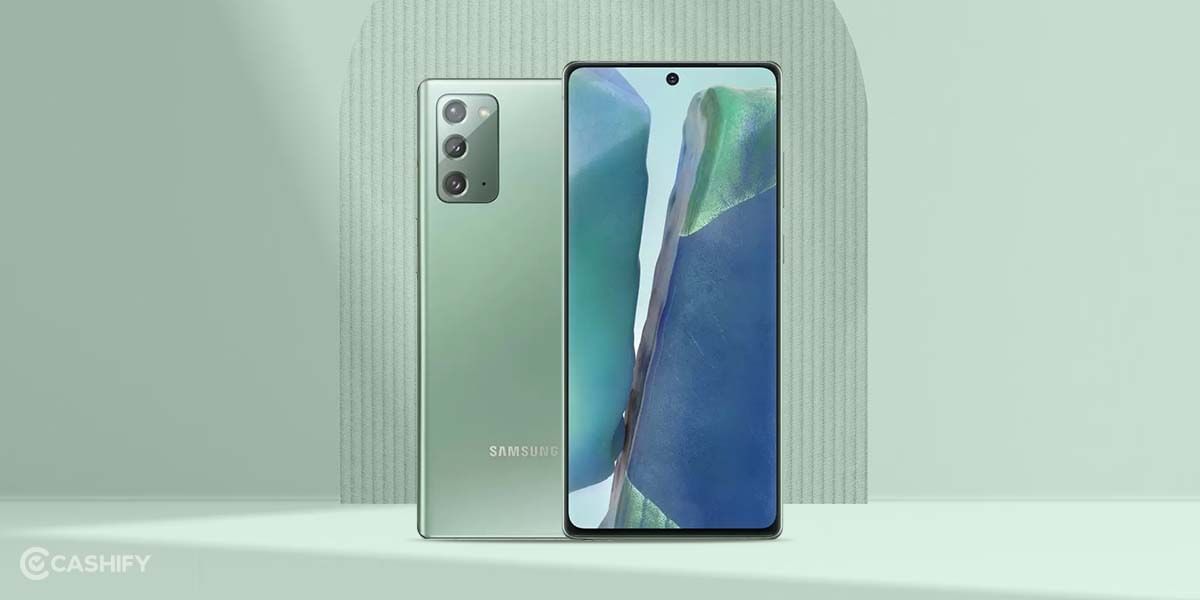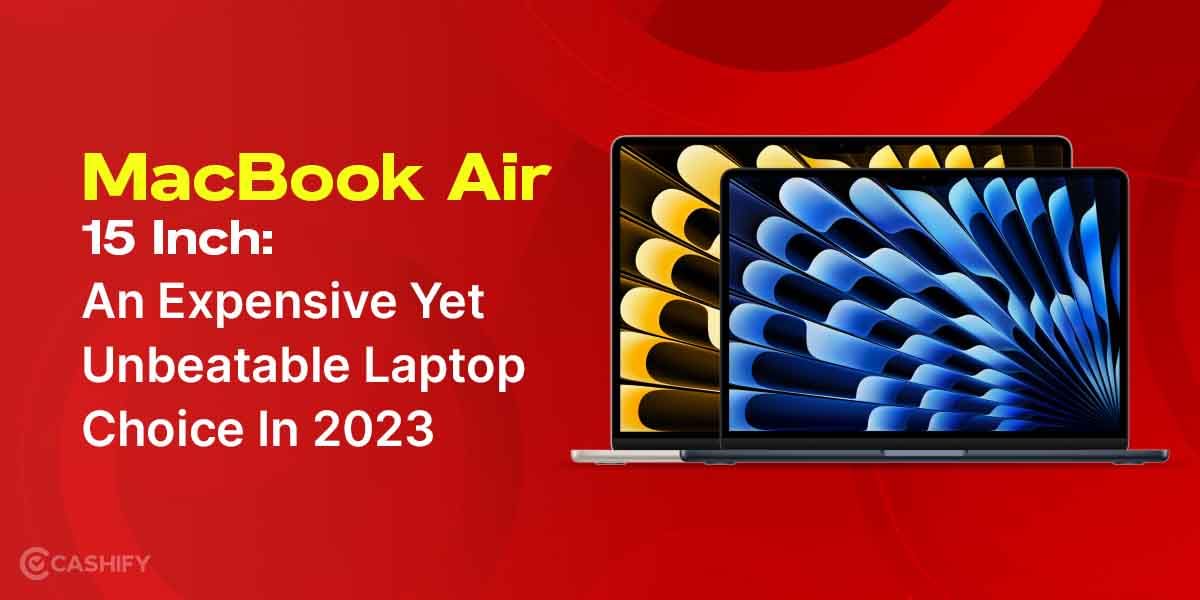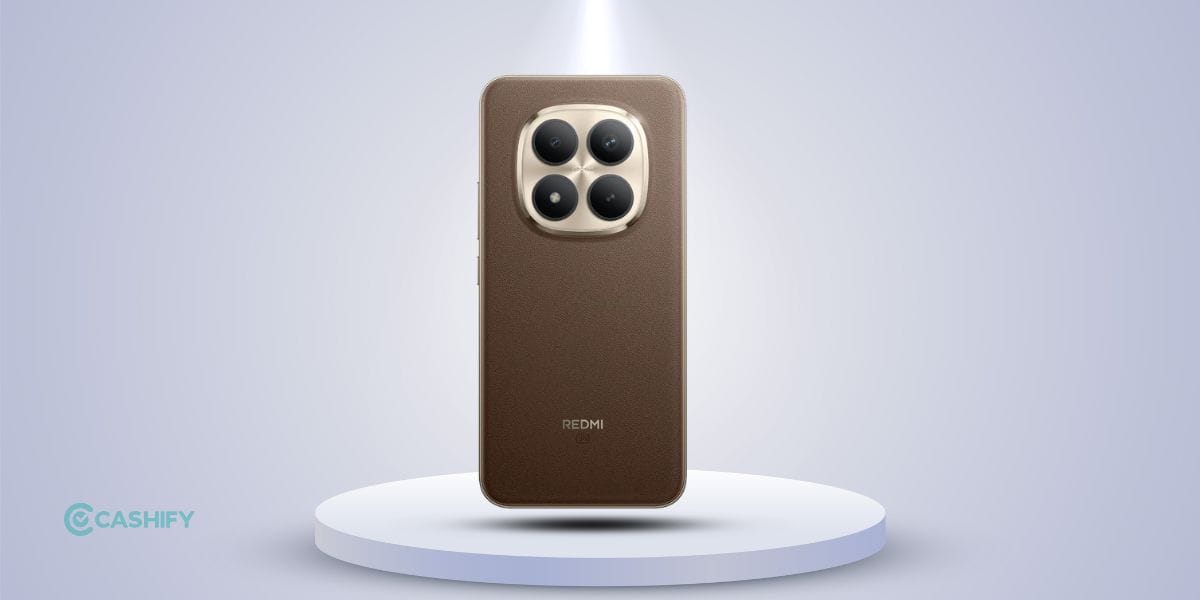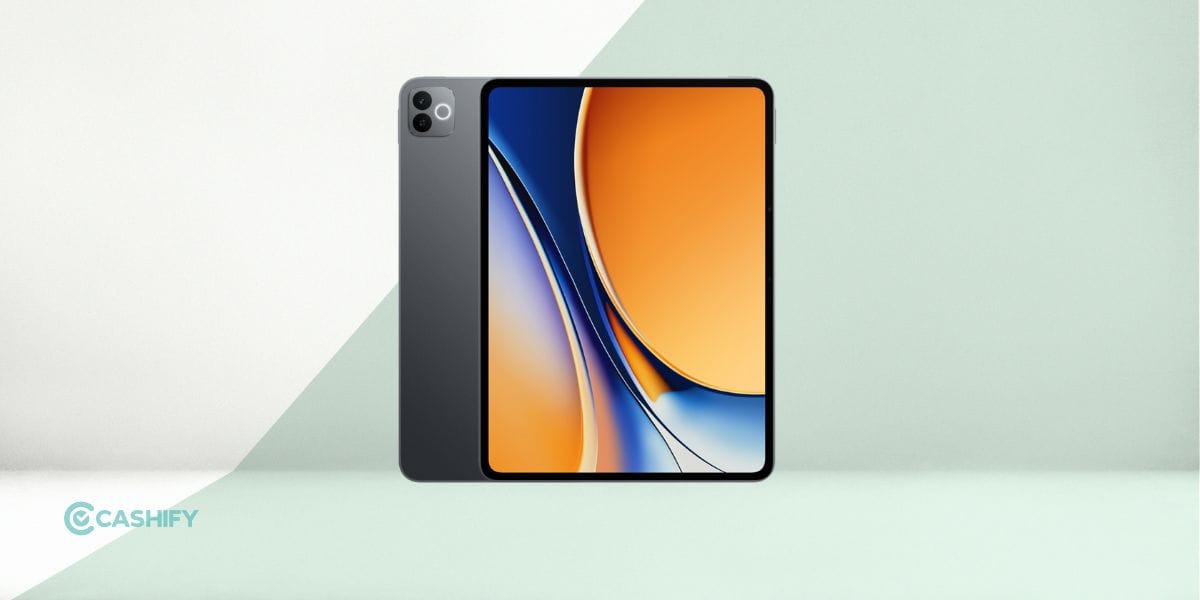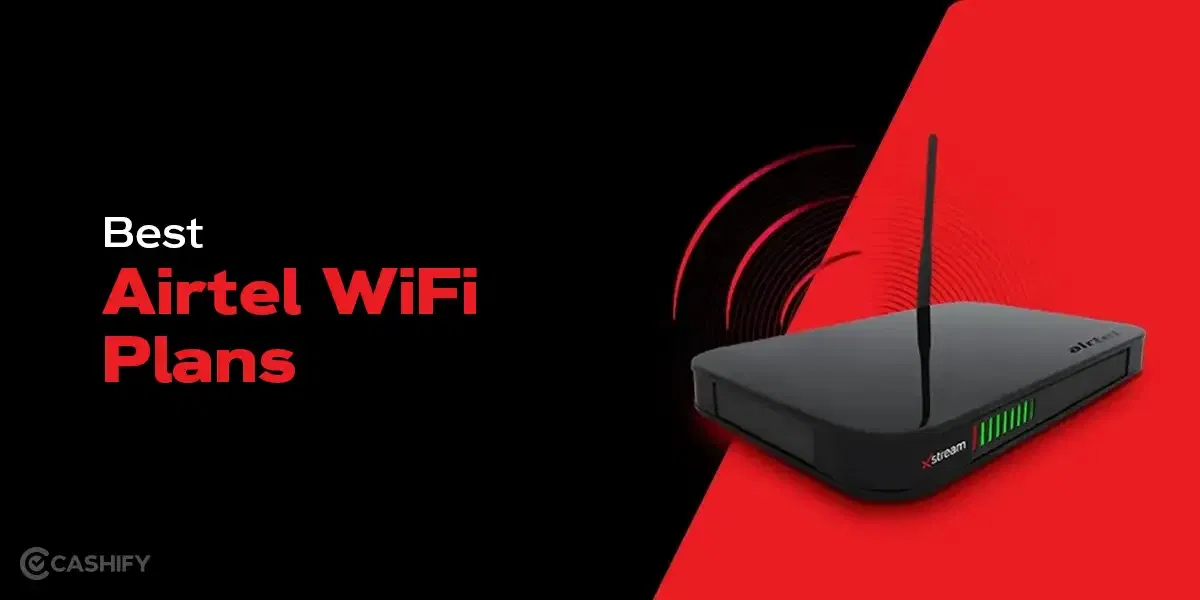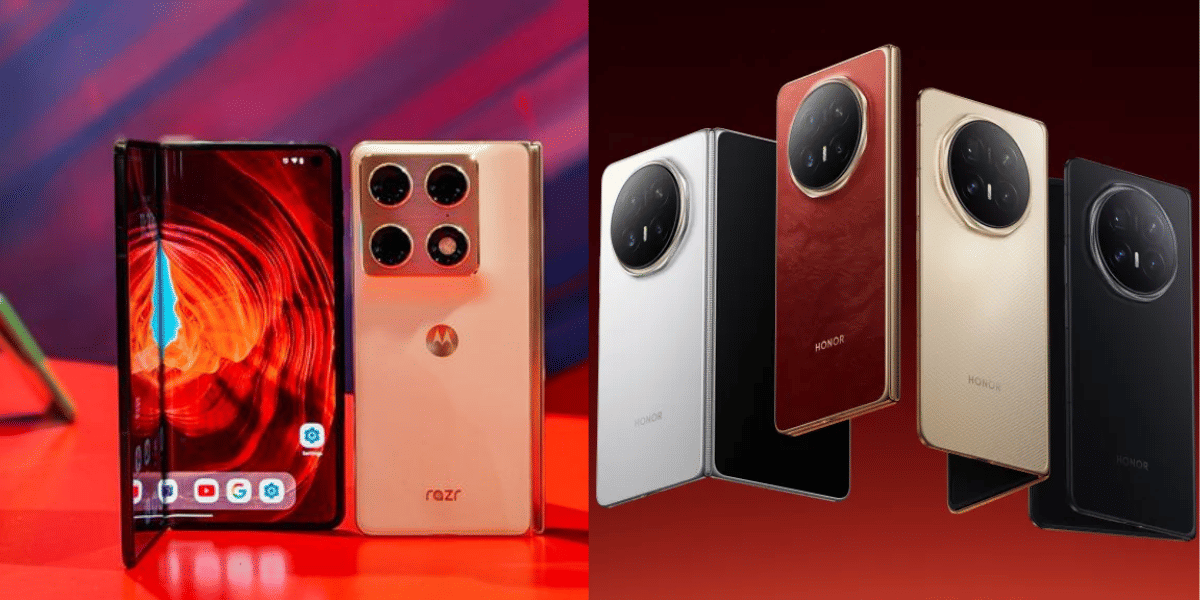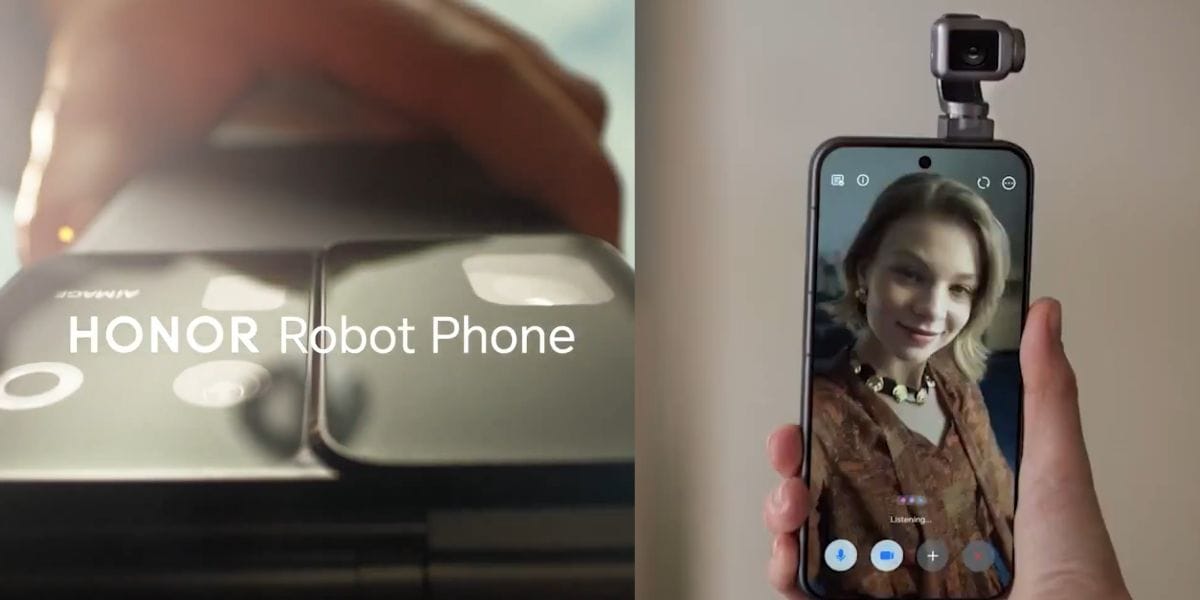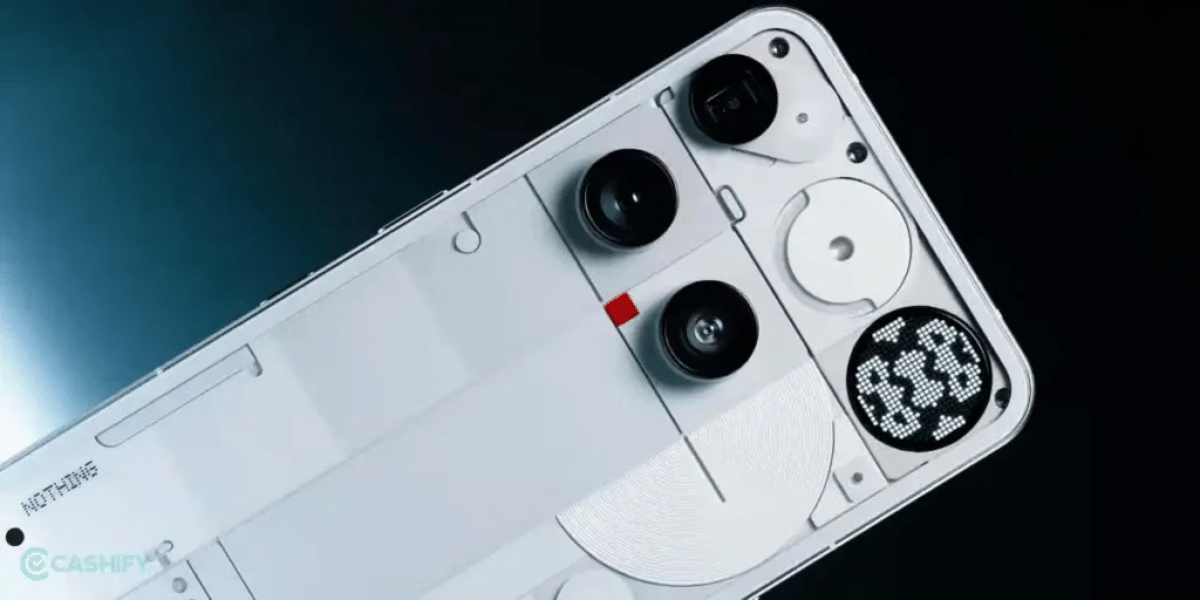The majority of Windows users don’t experience any trouble while installing any upgrade while running Windows 10. However, the Windows operating system runs on thousands of different hardware configurations and it is expected that some PCs may run into issues.
Fix Screen Flickering Issue In Windows 10
One of the most common problems that many Windows users have reported is flashing or flickering on the screen. The likely reason why this happens is because of incompatible display drivers or maybe some issue with the hardware as well. In this article, we will talk about the steps through which you can troubleshoot and how to fix the screen flickering problem you may have been experiencing on your Windows computer.
Also read: Best Free Fire Alternatives in India
How to figure out the reason behind screen flickering
The first and foremost thing that you need to figure out is what is the cause behind the screen’s flicker. This can be quickly done by physically checking all cable connections and if everything seems good at first glance then you can move to the second step.
Now using the task manager program on Windows 10 you can quickly troubleshoot and identify a few things. To open the task manager you need to right-click on the taskbar and select task manager or you can also use the Ctrl + Shift + Esc shortcut to access it.
The next step is to pay attention and see whether your task manager flickers or not. If the task manager is not flickering then you are dealing with an incompatible application. In the case the task manager is flickering along with everything on the screen then mainly the issue is with your graphics drivers or your monitor/display.
Now that you have figured out what is causing the issue you can go through the below troubleshooting steps and tackle the problem
1. Check Connection of your monitor and cables
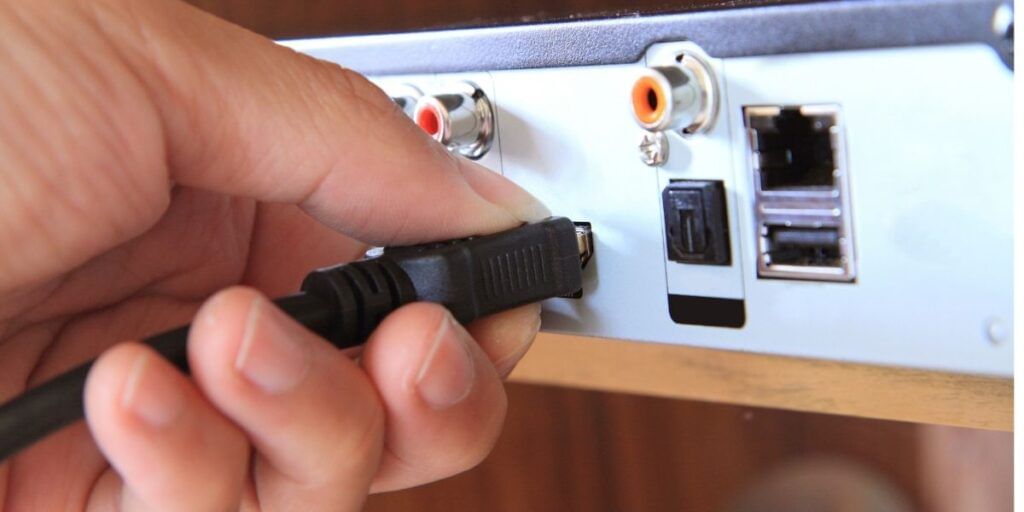
If your home screen is flashing the first thing that you have to rule out is the hardware issue. Check whether all the cable connections connected to your monitor are properly connected or not. You can take them out and plug them back to ensure that they are connected to security.
You can also try another monitor cable if you have a spare one lying around. Cables can get damaged over time or maybe if you have a pet it is possible that they may have chewed the cable. Whatever the reason is you can try replacing the cables and see if that solves your screen flickering issue.
Also read: Top 5 Apple Watch Uses, Tips & Tricks To Get The Most Out Of Smartwatch
2. Check the refresh rate
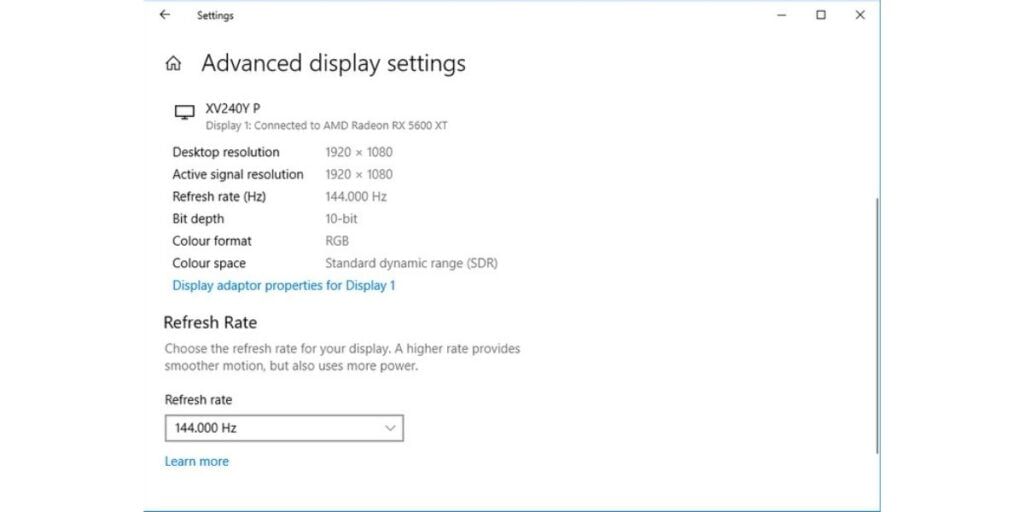
Refresh rate is the speed at which your monitor’s screen updates the image per second and it is measured in Hertz (Hz). Many of the advanced monitors only support up to 60Hz refresh rates while some advanced monitors can also support refresh rates up to 360Hz.
So it is important that you check the suitable refresh rate for your monitor. Sometimes the manufacturer will add support for overclocked refresh rate in your monitor but this can cause screen flickering issues. Here is how you can adjust your refresh rate
- Press Windows key + I to open settings
- Tap on ‘System’
- Check the ‘Advanced display’ settings.
- Under the refresh rate dropdown you can increase mentally check lowering the refresh rates until your screen flashing stops. If the flashing continues you can and set the default refresh rate.
Also read: Where Is Call Recording Saved in OnePlus Smartphone?
3. Uninstall problematic applications
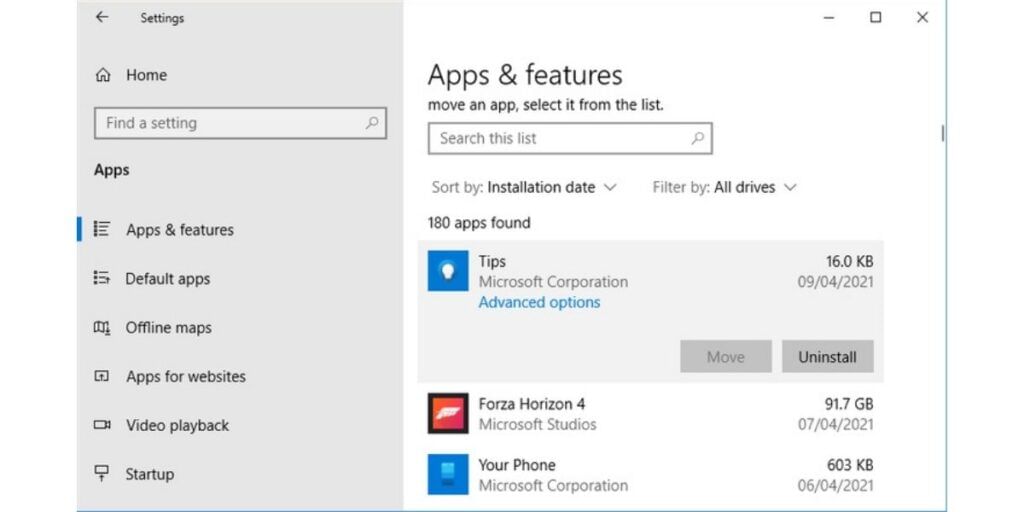
Applications that are incompatible with Windows 10 can cause the screen flickering issue. Think about all the new software that you have installed before the screen flashing begins or any app that you have recently updated. In general, three problematic apps have been known to cause this issue: Norton antivirus, iCloud, and IDT audio.
You can check whether you are running the latest versions of all your applications or not. You can also go to their respective official websites and download their latest release. Also, check the developer’s support page for recently updated apps to see whether screen flickering is listed as a recent bug. If all this does not work you can uninstall the incompatible programs. Here is how you can do that
- Open the windows settings
- Then go to ‘Apps.’
- You can click on ‘sort by’ and choose installation date to see all the software’s you have installed in past few days
- Click the app you think is causing the issue and click uninstall. In order to check the full effect of changes you may need to restart your system.
A good practice is to look out for all apps under the Apps section in Windows 10. If you find any app that you don’t remember installing and is something that is not a system app then you can consider uninstalling it.
4. Reinstall your display drivers
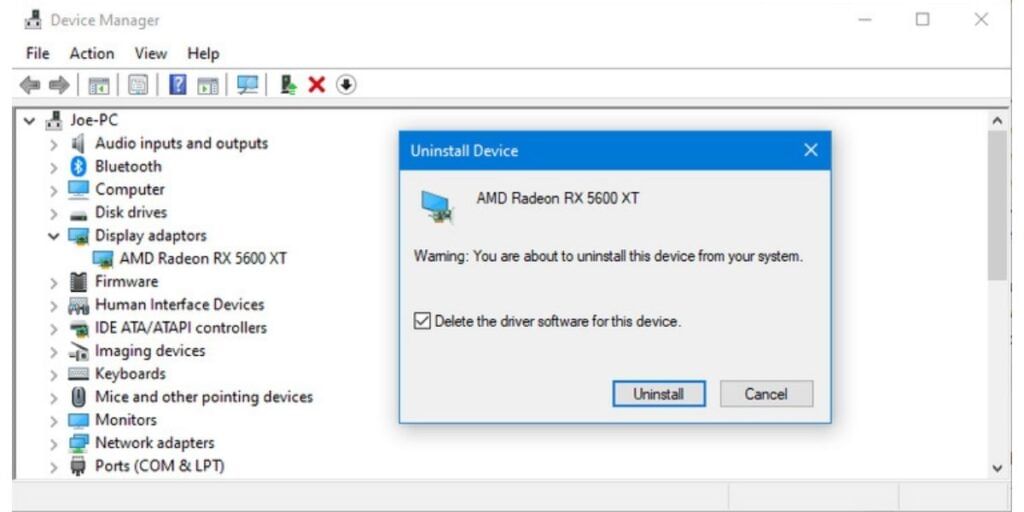
One of the main reasons why screen flickering happens is often related to your display drivers. An easy way to fix this is to just uninstall them and then install them again. You can just remove the drivers from your PC and Windows will automatically install them again through Windows updates.
To reinstall your drivers Microsoft recommends that you boot your PC into Safe Mode.
How to Boot Windows 10 Into Safe Mode:
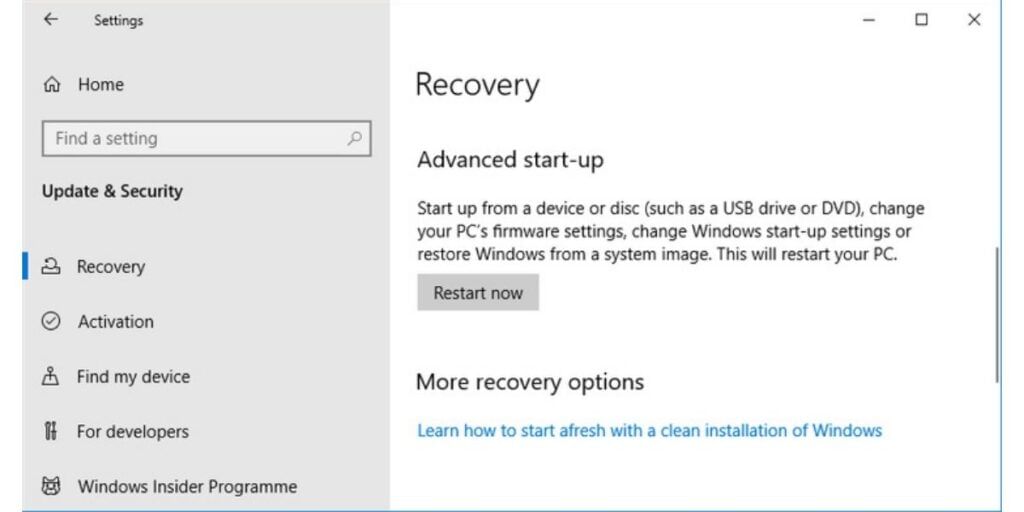
- Press Windows + I key to open your Windows settings
- Click on Update & Security > Recovery.
- You’ll see a Advanced start-up, under that you just have to click on the ‘Restart Now’ option
- Now your system will restart. Here you’ll see a blue screen, select Troubleshoot > Advanced options > Startup settings > Restart.
- Once again your PC will restart, then you have to select ‘4’ to launch your PC into Safe Mode with Networking.
Next, you have to go to the Device Manager and uninstall your display drivers:
- You can press the Windows + X key and click on Device Manager
- Expand the Display adaptors category by double-clicking on it.
- Identify your graphics card and right-click on it, then click Uninstall device, check to Delete the driver software for this device, and then click on OK.
- Now you just have to restart your system.
- Alternatively, you can also use third-party software to uninstall your display drivers, which will completely remove all the traces from your system.
Hopefully, this fixes the screen flickering issue in Windows 10 and if the issue still persists that there might be an issue with the Graphics card. And to get this resolved you can contact a certified technician and get the issue resolved.









